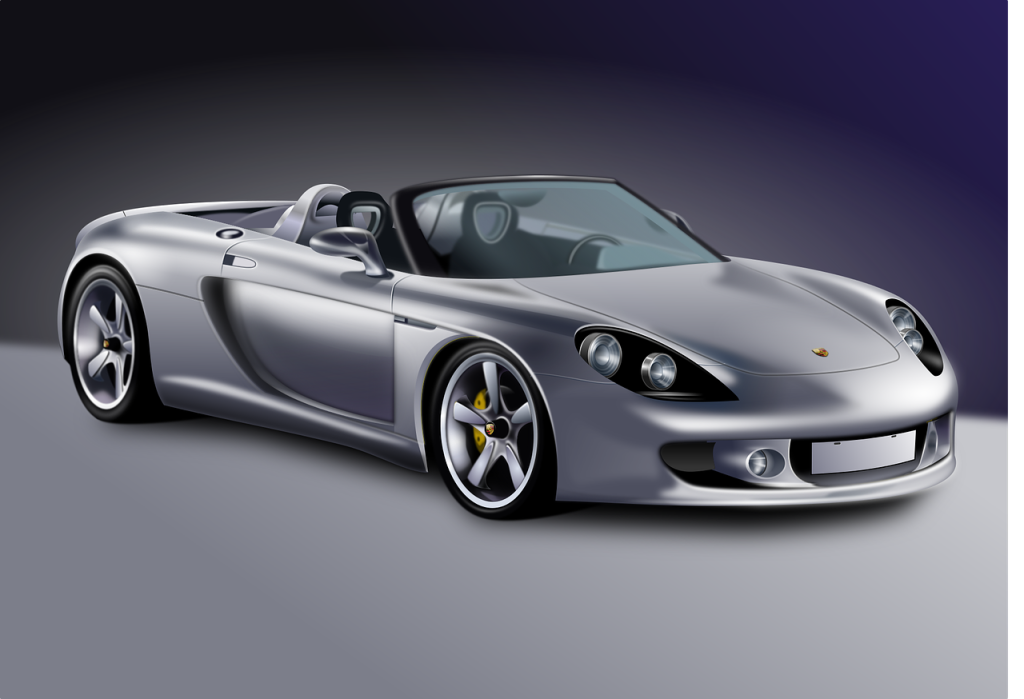Introduction
The landscape of transportation is rapidly evolving, driven by cutting-edge technologies and innovative solutions aimed at revolutionizing the way we travel. From electric vehicles and hyperloop systems to autonomous drones and supersonic jets, the future of transportation promises faster, more efficient, and more sustainable ways to explore the world. As travelers seek ways to enhance their travel experiences and minimize their environmental footprint, these high-tech innovations are poised to reshape the way we move from point A to point B. Here’s a comprehensive guide to the future of transportation and the exciting developments that are transforming the way we travel.
Electric Vehicles: Driving Towards a Sustainable Future
Electric vehicles (EVs) are leading the charge towards a more sustainable future in transportation. With zero tailpipe emissions and lower operating costs compared to traditional gasoline-powered vehicles, EVs offer an eco-friendly alternative for travelers looking to reduce their carbon footprint. Major automakers like Tesla, Nissan, and Chevrolet are investing heavily in electric vehicle technology, introducing a wide range of EV models with improved battery range and performance. Charging infrastructure is also expanding rapidly, making it easier than ever for travelers to recharge their electric vehicles on the go. From compact cars and SUVs to electric buses and trucks, the future of transportation is electric.
Hyperloop Systems: Redefining High-Speed Travel
Hyperloop systems are poised to revolutionize long-distance travel with their high-speed, low-friction transportation technology. Conceived by entrepreneur Elon Musk, the hyperloop concept involves transporting passengers and cargo in pods through vacuum-sealed tubes at speeds of up to 700 miles per hour. Companies like Virgin Hyperloop and SpaceX are actively developing and testing hyperloop prototypes, intending to create a new mode of transportation that is faster, safer, and more energy-efficient than conventional methods. Hyperloop networks could connect major cities and urban centers, reducing travel times and congestion while offering a sustainable alternative to air travel and road transportation.
Autonomous Vehicles: Shaping the Future of Mobility
Autonomous vehicles (AVs) are poised to revolutionize the way we move from place to place, offering a vision of a future where cars drive themselves without human intervention. Companies like Waymo, Uber, and Tesla are at the forefront of AV technology, developing self-driving cars equipped with advanced sensors, cameras, and artificial intelligence algorithms. While fully autonomous vehicles are still in the testing phase, semi-autonomous features like adaptive cruise control and lane-keeping assistance are already available in many new cars on the market. The potential benefits of AVs include improved safety, reduced traffic congestion, and increased accessibility for people with disabilities. As autonomous technology continues to evolve, the future of transportation promises a world where driving is safer, more efficient, and more convenient than ever before.
Supersonic Jets: Breaking the Sound Barrier
Supersonic jets are making a comeback with the promise of ultra-fast travel times and luxurious amenities for discerning travelers. Companies like Boom Supersonic and Aerion Supersonic are developing next-generation supersonic aircraft capable of flying at speeds of Mach 2 or higher, cutting travel times in half for long-distance flights. These sleek and aerodynamic jets promise to revolutionize air travel, offering passengers the ability to reach destinations like London, Tokyo, or New York in a fraction of the time compared to traditional airliners. With advanced aerodynamics and quiet engine technology, supersonic jets aim to make high-speed travel accessible to a wider range of travelers while minimizing environmental impact.
Cruising: Embracing High-Tech Amenities at Sea
As travelers seek high-tech innovations in transportation, the cruise industry is also embracing cutting-edge technologies to enhance the onboard experience. Cruise lines are investing in state-of-the-art amenities and digital enhancements, from smart cabins and wearable technology to virtual reality entertainment and high-speed internet connectivity. Whether you’re cruising to the Bahamas (https://www.celebritycruises.com/destinations/bahamas-cruises) or exploring exotic destinations around the world, these high-tech innovations promise to elevate the cruise experience and provide travelers with seamless connectivity and personalized service at sea.
Conclusion
The future of transportation is filled with exciting possibilities, from electric vehicles and hyperloop systems to autonomous vehicles and supersonic jets. As travelers seek ways to enhance their travel experiences and minimize their environmental footprint, these high-tech innovations are poised to revolutionize the way we move from point A to point B. Whether you’re driving an electric car, flying in a supersonic jet, or cruising aboard a high-tech cruise ship, the future of transportation promises faster, more efficient, and more sustainable ways to explore the world.




Pingback: Top Tech Sectors in 2024 – Cutting-Edge Innovation
Pingback: High Tech Sectors in 2024 – Reducing-Edge Innovation - fridaywebseries.com